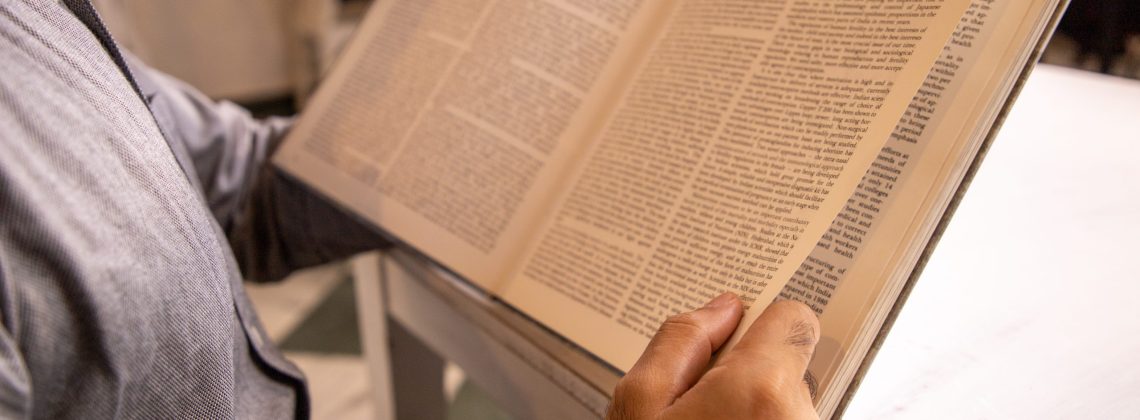

I included this Matthew Crawford Hedgehog Review piece in my last Sunday Night Odds and Ends, but I thought I would call attention to it again in a separate post. Here is a taste of “Why Individualism Fails to Create Individuals“:
Learning requires that a student place trust in a teacher, or in an authoritative text, without yet knowing if the trust is warranted. One has to trust that the teacher knows what he is talking about, or that the text contains riches that are not yet visible through a thicket of strangeness and obscurity (as is often the case with books written in another century).
The necessity of trust in education is not much appreciated because it sits uncomfortably with our public creed of individualism. Individualism tacitly posits a kind of epistemic self-sufficiency that everyone has by default, or can achieve simply by following a clearly stated method of reasoning (“critical thinking skills”), applied to “information” that is readily available. This flattens the hierarchical relationship between student and teacher, or between student and text, and such flattening is one instance of Americans’ fraught relationship to the idea of authority.
The paradoxical thesis I wish to consider is this: Real independence of mind can be won only by a sustained process of submission to authority. There is a related paradox: A democratic society, precisely because it requires such independence of thought if it is to be something other than mob rule, requires education conducted with an aristocratic ethos.
Read the entire piece here.
As I have argued before, education requires risk. Risk requires a step of faith. It requires, as Crawford describes it, a willingness “place trust in a teacher” or a “text.”
I was delighted by this piece’s engagement with Michael Polanyi. I’ve long appreciated Polanyi’s account of knowledge, and this piece picked out aspects of it that I hadn’t noticed before.
What about the great breakthroughs in science and forms of government that opposed the reigning authorities? Are we all disciples of one master? How do we choose our authorities? Do they choose us?
Ron: I think you may be missing the point of the piece. We are reliant on texts and mentors who came before us. I think Crawford is suggesting that learning requires submission to such texts and mentors.